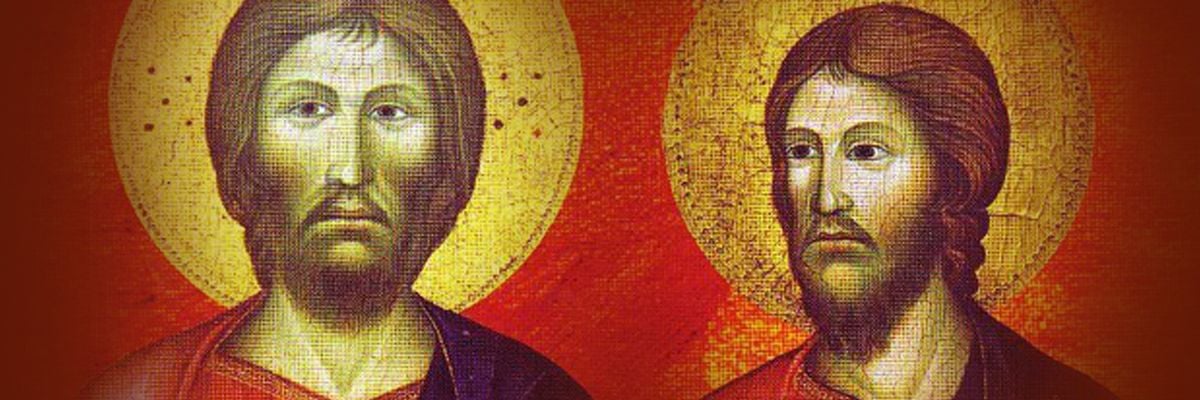
Why do Catholics teach that Mary was a virgin throughout her life when the Bible clearly says that Jesus had brothers? Ever been asked that?
Let me offer four reasons:
1. The Meaning of Brother
The first thing to understand is that the term brother (Gk. adelphos) has a broader meaning than uterine brothers. It can mean a biological brother, but it can also mean an extended relative, or even a spiritual brother.
Take Genesis 13:8 for example. Here the word brother is being used to describe the relationship between Abraham and Lot, who were not biological brothers but uncle and nephew:
“So Abram said to Lot, “Let’s not have any quarreling between you and me, or between your herdsmen and mine, for we are brothers” (Gen 13:8, NIV; see also 14:12).
Because of the Bible’s broad semantic range of “brother,” we can rest assured that although St. Paul writes, “[Jesus] appeared to more than five hundred…brothers at the same time” (1 Cor. 15:6), we need not infer from this verse that Mary gave birth to more than 500 children!
2. Children of Mary?
These “brothers” are never once called the children of Mary, although Jesus himself is (John 2:1; Acts 1:14).
3. Other Women Named Mary
James and Joseph (also called Joses), who are called Jesus’ “brothers” (Mark 6:3) are indeed the children of Mary—Just not Mary, the mother of Jesus.
After St. Matthew’s account of the crucifixion and death of Jesus, he writes:
“There were also many women there, looking on from afar, who had followed Jesus from Galilee, ministering to him; among who were Mary Magdalene, and Mary the mother of James and Joseph, and the mother of the sons of Zebedee.” (Matt. 27:56; see also Mark 15:40).
4. Consensus of the Early Church
The earliest explanation of the “brothers” of the Lord is found in a document known as the Protoevangelium of James, which was written around A.D. 150. It speaks of Mary as a consecrated virgin since her youth, and of St. Joseph as an elderly widower with children who was chosen to be Mary’s spouse for the purposes of guarding and protecting her while respecting her vow of virginity. Though this document is not on the level of Sacred Scripture, it was written very early, and it may contain accurate historical traditions.
Allow me to limit myself to three quotes from the early Church:
Athanasius of Alexandria
“Therefore let those who deny that the Son is from the Father by nature and proper to his essence deny also that he took true human flesh of Mary Ever-Virgin [Four Discourses Against the Arians 2:70 (c. A.D. 360)].
St. Jerome
“You say that Mary did not continue a virgin: I claim still more that Joseph himself, on account of Mary was a virgin, so that from a virgin wedlock a virgin son was born [Perpetual Virginity of Blessed Mary 21 (A.D. 383)].
Pope St. Leo I
“The origin is different but the nature alike: not by intercourse with man but by the power of God was it brought about: for a Virgin conceived, a Virgin bore, and a Virgin she remained [Sermons 22:2 (A.D. 450)].
Thus the same Church today affirm:
Jesus is Mary’s only son, but her spiritual motherhood extends to all men whom indeed he came to save: “The Son whom she brought forth is he whom God placed as the first-born among many brethren, that is, the faithful in whose generation and formation she co-operates with a mother’s love (Catechism of the Catholic Church 501).



